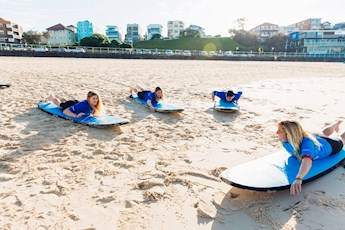Experience Australia
We have been in the travel game for over 80 years, so we know a thing or two about creating amazing experiences. Check out our wide range of carefully curated travel and tour options, delivered by only our favourite tour operators (and tested by us).
Destinations
Activities
Keyword
Results (43)
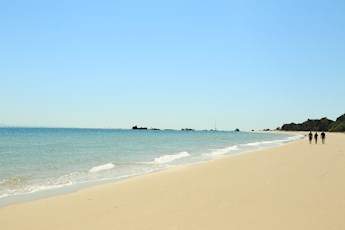
Moreton Island Dolphin and Tangalooma Wrecks Snorkelling Tour including Lunch
From $199
Choose the pace of your day; chill or adventure. Snorkel around the Tangalooma Wrecks, spot incredible marine life, spend time exploring pristine beaches or kick back on the boat tapping into the licensed bar.
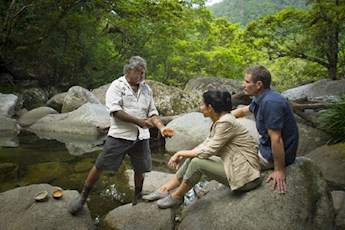
Dreamtime Gorge Walk
From $90
Don’t miss out on the Dreamtime Gorge Walk when you visit the Mossman Gorge! This must do activity takes visitors on a journey through the rainforest to gain access to sacred Indigenous land.
Great Barrier Reef Scenic Flight and Cruise
From $340
The ULTIMATE reef experience! Experience the magic of the Great Barrier Reef from above, and then get up close and personal with this truly epic reef onboard a luxury boat.
Whitsundays 60 Minute Scenic Flight
From $289
Epic 60 minute scenic flight over the Whitsunday Islands and Great Barrier Reef, including Heart Reef, Whitehaven Beach and Hill Inlet! BUCKET LIST ITEM!
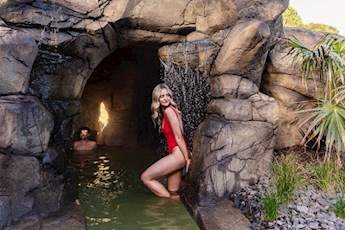
Warrnambool Hot Springs Sanctuary Pass
From $33
Experience the goodness of natural geothermal waters on this self-guided journey in an open-air sanctuary of enhanced geothermal bathing experiences.

Yarra Valley Wine Tour From Melbourne
From $165
This great value tour covers the best of the Yarra! Visit fantastic wineries (tastings included!), enjoy a delicious lunch, sample chocolates at the Yarra Valley Chocolaterie, and visit Yarra Valley Dairy to sample local cheese.
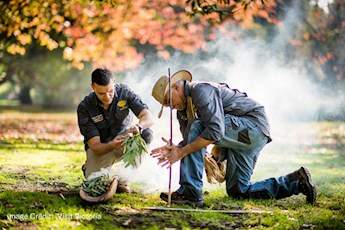
Aboriginal Heritage Walk, Melbourne Gardens
From $40
Experience the culture and customs of the Kulin Nation with an Aboriginal guide on a 90 minute walking tour. Gain an understanding of the rich history, thriving culture and connection to plants.
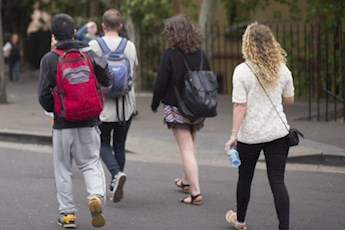
Barangaroo Cultural Tours
From $36.30
From past to the present, Barangaroo is a place of spiritual and cultural significance. Join the tour, be a part of the story. 90 minute walking tour.

Sydney Opera House Behind The Scenes Tour
From $43
Go behind the scenes & explore the most recognisable building in Australia. Step inside this UNESCO World Heritage-listed site & make memories to last a lifetime.
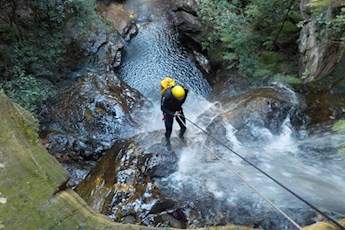
Blue Mountains Canyoning and Rock Climbing
From $175
The most epic way to spend a day in the Blue Mountains! From breathtaking canyons to epic abseiling and rock climbing- you are guaranteed an unforgettable adventure!

Barossa Valley Hop On Hop Off Wine Tour
From $89.95
Departs from Adelaide. Travel around the Barossa Valley wine region with freedom on this hop on hop off tour to explore the region at your own pace. YHA TOP PICK!
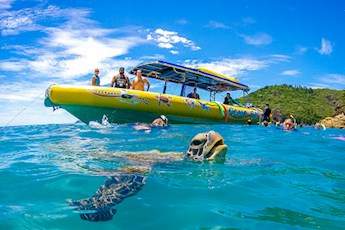
Whitsundays Whitehaven Beach Day Tour
From $191
A must- do tour through the stunning Whitsundays. Visit Whitehaven Beach, snorkel pristine reef sites, and enjoy a gorgeous bushwalk to insta- famous Hill Inlet lookout.
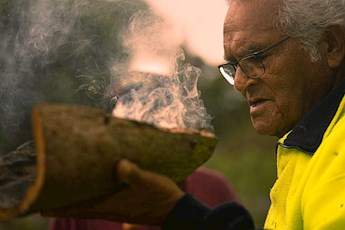
Port Elliot Ratalang Ngarrindjeri Tour
From $100
Port Elliot | Experience a 2-hour coastal walk around Ratalang Conservation Reserve in the Fleurieu Peninsula as your local Ngarrindjeri guide shares knowledge of bush foods and culture.
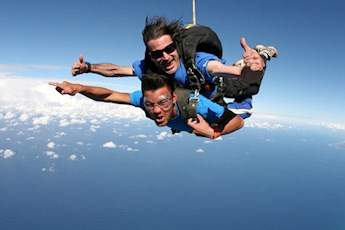
Skydive Byron Bay
From $409
Experience the ultimate adrenaline hit at one of the most popular skydive spots in Australia! Free fall at 200km/hr for 60 seconds before gliding over epic scenery.
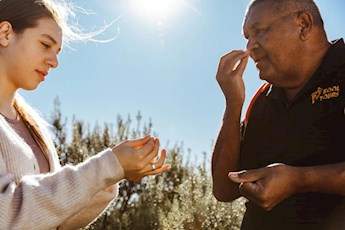
Yundi Nature Trail
From $100
Port Elliot |
Experience an unforgettable 2 1/2 cultural walk and talk as you journey through time looking at bush foods, medicines and the Warki way of life.
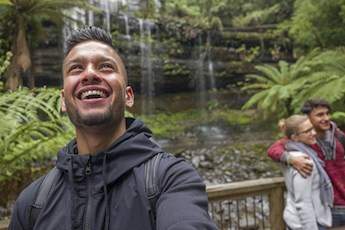
The Best of Tasmania in 7 Super Days
7 Days | 6 Nights
Enjoy 7 days of mountains, waterfalls, lakes, wildlife and stunning scenery on this action packed loop of Tassie.

McLaren Vale Hop On Hop Off Wine Tour
From $89.95
Departs from Adelaide. Travel around the McLaren Vale wine region with freedom on this hop on hop off tour to explore the region at your own pace. YHA TOP PICK!
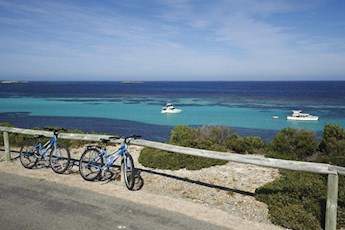
Rottnest Island day tour including bicycle hire from Fremantle
From $114
Enjoy the pristine beaches and crystal-clear waters and meet the famous Quokkas!
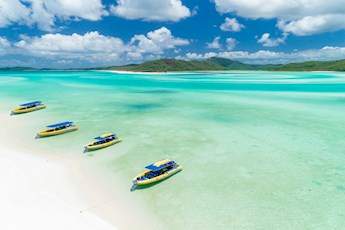
60 Minute Whitsunday Flight and Rafting Package
From $472
Experience the best of the Whitsunday Islands and Great Barrier Reef in one day with this epic value scenic flight and Ocean Rafting adventure.

Boutique Hunter Valley Wine Tasting Tour
$195
The perfect Sydney escape- venture into the heartland of NSW wine country! Visit three or four of the Hunter Valley's best boutique wineries and enjoy a number of private tastings.

Willie Creek Pearl Farm Tour with transfers from Broome
From $149
You can now visit one of Western Australia’s must-do attractions! Visit the Willie Creek Pearl Farm on this truly awesome half-day tour from Broome!
Kangaroo Island Full Day Tour
From $349
See a snapshot of the epic Kangaroo Island on this small group tour. Perfect for the budget traveller who is short on time but big on adventure.
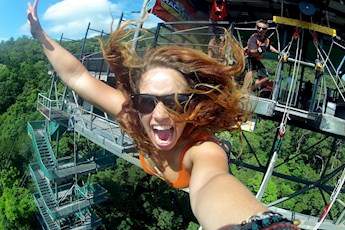
Cairns Bungy Jump
From $149
Push your limits and jump off Australia's only Bungy Tower, or swoop through the world heritage rainforest at 120km/h on a giant jungle swing.
